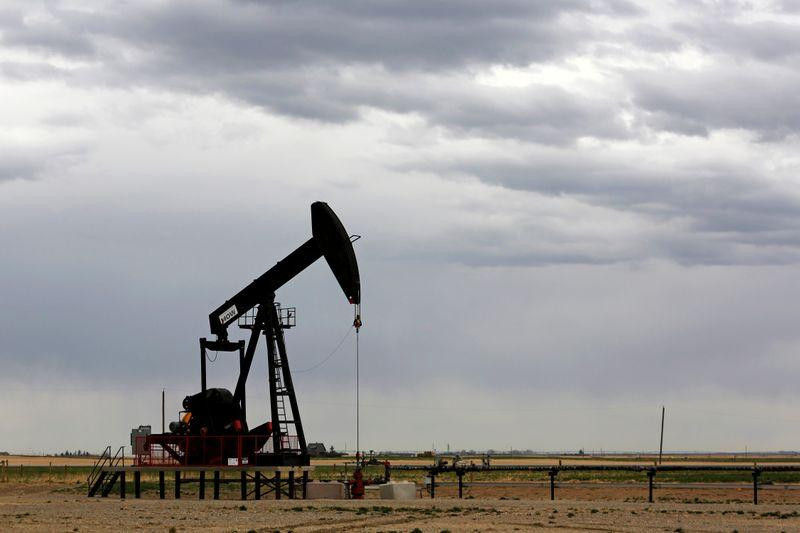
The PML-N led coalition government is facing another challenge of making a hefty increase of up to Rs17.78 per litre in the price of high-speed diesel following wide fluctuations in the global crude oil prices.
In the case of petrol, the price is expected to go up by Rs3.29 per litre. Similarly, the price of kerosene oil is likely to be raised by Rs15.38 per litre and light diesel oil by Rs15.53 per litre.
If the government maintains the existing petroleum prices for the upcoming fortnight, it will have to bear the price differential claims or pay subsidy to the consumers.
The present government has already come in for heavy criticism due to making a massive increase in petroleum prices after coming to power in early April. A further increase in petroleum product prices will be a big challenge for the government.
If it decides to increase the rates, the price of petrol will jump up from Rs233.89 to Rs237.18 per litre while the price of high-speed diesel will go up from Rs263.31 to Rs281.09 per litre.
For kerosene oil, the price will rise to Rs226.81 per litre from the current Rs211.43 while the price of light diesel oil will increase to Rs223 per litre from the current Rs207.47.
These prices are based on zero petroleum levy and general sales tax, and the monthly impact of petroleum levy has not been included in the calculation.
Earlier, the government had increased the price of high-speed diesel by Rs59.16 per litre, petrol by Rs24.03 per litre, kerosene oil by Rs33.12 per litre and light diesel oil by Rs25.53 per litre.
Read Oil rises over 2%
Diesel is mainly used in the transport and agriculture sectors. Any further increase in its price will result in high inflationary pressure on the people.
It will particularly affect the agriculture sector that is already facing a miserable situation due to a record increase in prices of fertiliser. It will also impact the supply of food products across the country. Petrol is used in motorbikes and cars, and a further increase in its price will hit the middle class of society.
Kerosene oil is used in remote areas where liquefied petroleum gas (LPG) is not available for cooking purposes. Security forces also use kerosene oil in remote areas like the northern parts of the country. Light diesel oil is mainly used in the industry.
Finance Minister Miftah Ismail, along with Minister of State for Petroleum Musaddik Malik, had announced the previous hike in prices of petroleum products.
The finance minister claimed that ex-PM Imran Khan had made a faulty agreement with the International Monetary Fund (IMF), and therefore the current government was forced to increase the petroleum prices to put the economy on the right track.
He emphasised that they had a big challenge to rescue the economy and if they did not increase the petroleum prices, the country could face default.
He further said that it was a difficult decision to increase the prices of petroleum products, but they were forced to make the decision to save the country.
He pointed out that the government had given Rs2,000 per person in subsidy to 8,000,000 people and would include 6,000,000 more poor in the safety net to provide relief.
The minister of state for petroleum revealed that the government was paying a monthly bill of Rs100 billion to clear the price differential claims of oil companies. The price differential claims emerged in the wake of keeping petroleum prices lower.
He said that the government would have to pay an annual subsidy bill of Rs1,200 billion if the petroleum prices were kept unchanged.
The government claimed that the previous PTI administration had also not increased prices of gas since December 2021, which resulted in accumulation of a circular debt of Rs1.4 trillion in the gas sector.

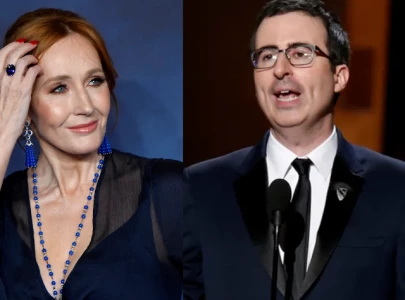


1731975305-0/Untitled-design-(40)1731975305-0-165x106.webp)
1731975060-0/Untitled-design-(39)1731975060-0-165x106.webp)


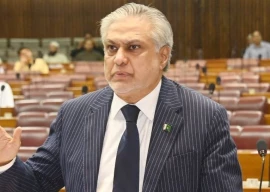
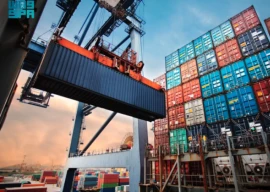
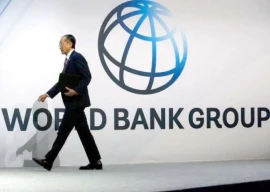










COMMENTS
Comments are moderated and generally will be posted if they are on-topic and not abusive.
For more information, please see our Comments FAQ